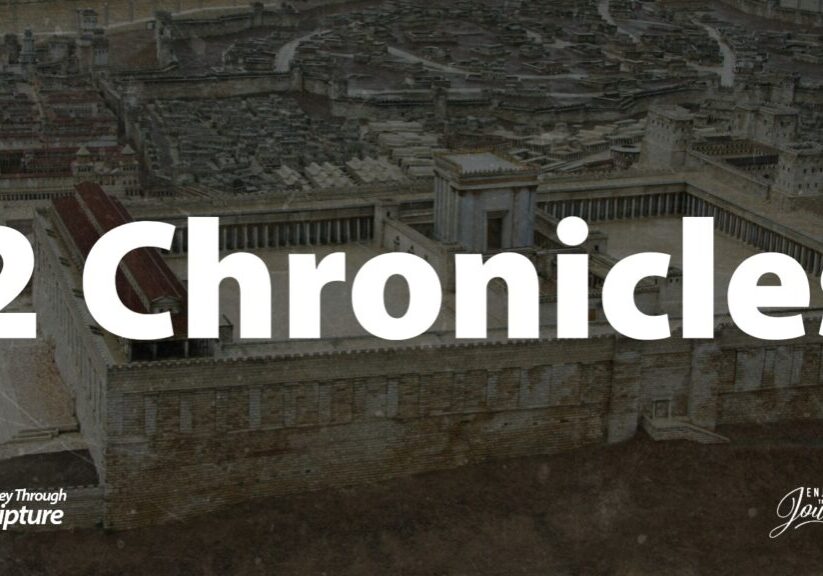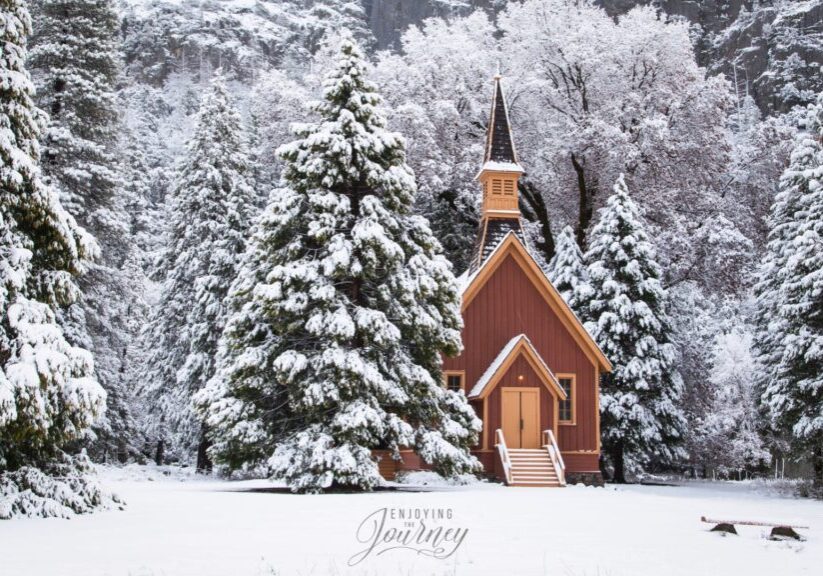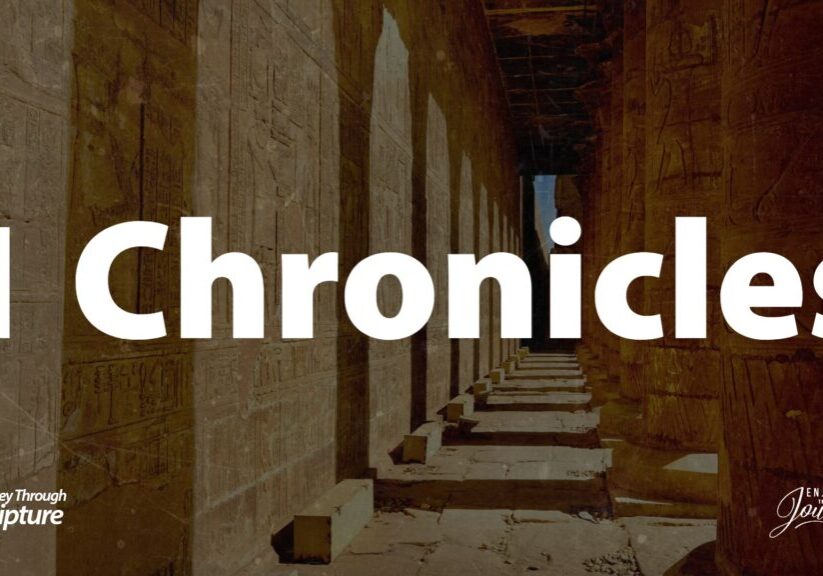I live around history…and I love it. Just outside my office at Crown College is a 30,000 square foot Christian Heritage Center. For me, history is alive and exciting. Yet with all of the access we have to historical information, it seems that the appreciation for it is sadly lacking in most young people.
A few days ago we made our annual trek to my wife’s homeland in Michigan. It is always a joy to see my in-laws ( I actually mean that!). This year we visited the Ford Museum and Greenfield Village, just outside of Detroit. I have never seen so much history in one place! It is a fascinating tour and everyone from grandchildren to grandparents enjoyed it immensely.
 As I stood outside of Noah Webster’s house, the importance of it all became so clear to me. I have heard famous quotes about the power of history, such as:
As I stood outside of Noah Webster’s house, the importance of it all became so clear to me. I have heard famous quotes about the power of history, such as:
“Those who do not study history are destined to repeat it.”
“The one thing we learn from history is that no one learns from history.”
But the significance of what we were seeing affected me deeply. I stood in Webster’s study and considered the contribution this fine Christian man made to our world. And then I wondered what contribution I would make.
History must become more than the story of other people. History must be personal. The story continues, and it is our turn.
As I walked through Robert Frost’s home and listened again to the words of “The Road Not Taken” I began to contemplate: Why did God allow us to know history? A student of the Scriptures will find that though one whole section of the Old Testament is referred to as “the historical books,” much of the entire Word of God is made up of history. The history of God’s chosen people. The history of many world empires. The history of individuals. The history of families. The history of the church. It seems that God is very concerned with us knowing our history!
One passage written by the Apostle Paul holds the secret to God’s purpose in giving us history. After a detailed description of Israel’s departure from Egypt and subsequent experiences in the wilderness, the Holy Spirit tells us: “Now these things were our examples, to the intent we should not lust after evil things, as they also lusted” (1 Cor. 10:6).
He continues to list what can be learned from Israel’s history and concludes with these strong words: “Now all these things happened unto them for ensamples: and they are written for our admonition, upon whom the ends of the world are come” (1 Cor. 10:11). God allowed things to happen in the past so that we could learn from them! God allowed them to be written down so that we would not miss them!
History truly is “His-story.” And we are foolish if we ignore it.
From history we are inspired and instructed about what we should do with our lives. From history we are warned about what we should not do. From the words of the great Apostle, nearly 2,000 years ago, we learn that history is of greatest importance to those who are living in the end times. That’s us.
Read a good history book. Take a trip through history. Spend time meditating on the historical records given in God’s Word. And teach your children to do the same. Remember, that we are writing history today.
Discover more from Enjoying the Journey
Subscribe to get the latest posts sent to your email.






